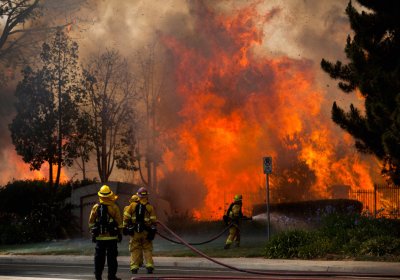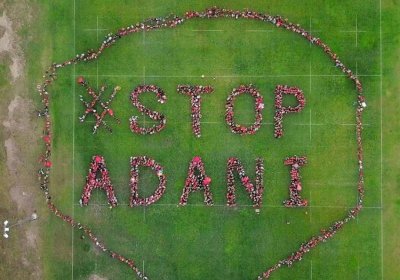Martin Rorke gave this speech at a speakout for marriage equality at Sydney University on October 11.
* * *
I am a member of staff here at the University of Sydney and I support same sex marriage. I am also a member of the National Tertiary Education Union (NTEU) and I'm proud that my union is fully behind the Yes campaign.











